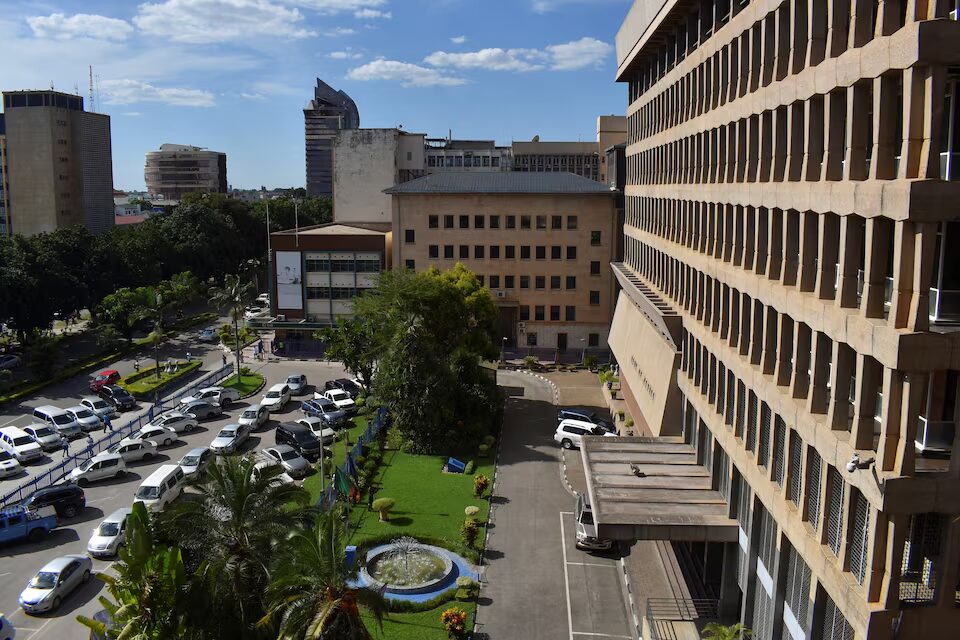
Tuesday 15th April 2025

By inAfrika Reporter
Uganda’s multibillion-dollar East African Crude Oil Pipeline (EACOP) project has cleared a major hurdle with the announcement of its first external financing tranche. The project, estimated at $5 billion, involves constructing a 1,443-kilometer pipeline from Uganda’s oil fields near Lake Albert to Tanzania’s port of Tanga. After years of delays and international scrutiny, the pipeline company confirmed that a syndicate of lenders, including Standard Bank and Afreximbank, has agreed to fund the initial phase. While exact figures have not been disclosed, sources close to the deal say funding is now in place to back the entire project.
EACOP Ltd, the joint venture spearheading the pipeline, includes energy giants TotalEnergies and China’s CNOOC as major shareholders. Their involvement has lent the project both financial muscle and technical expertise. Chinese support, in particular, has helped seal the deal at a time when Western institutions have been reluctant to back fossil fuel projects due to climate concerns. With funding now secured, Uganda is a step closer to exporting its crude oil for the first time in its history.
Construction of the pipeline is expected to begin shortly, with work already underway on related infrastructure. Once complete, EACOP will be the longest heated crude oil pipeline in the world, transporting Uganda’s waxy oil across borders and terrain that pose considerable logistical challenges. Environmentalists have voiced concerns about the project’s impact on ecosystems and communities along the route. However, the Ugandan government insists that environmental and social safeguards are in place and that the pipeline is crucial for national development.
The implications for Uganda’s economy are significant. Oil revenues are expected to bolster public finances, fund infrastructure, and spur industrial growth. But the project also comes with risks, particularly around debt sustainability and long-term dependence on fossil fuels in a global market shifting toward renewables.
For the East African region, EACOP is a game-changer. It will not only enhance energy exports but also reinforce regional economic integration. Tanzania stands to benefit through transit fees and increased trade. The pipeline may also catalyze other regional energy and logistics projects.
Uganda’s breakthrough in securing financing sends a strong message: African energy projects can still attract international investment despite shifting global priorities. As construction ramps up, all eyes will be on how the project unfolds and whether it delivers on its promise of transforming Uganda into a significant oil exporter.


